After 15 years in the market, Yiwei Lithium Energy Co., Ltd., a notable player in the lithium battery industry, has reported its first decline in both revenue and net profit in its semi-annual earnings report. The company, which trades on the Shenzhen Stock Exchange under the ticker 300014.SZ, unveiled its 2024 half-year results on August 23.
Throughout the reporting period, Yiwei Lithium managed to ship 13.54 GWh of power batteries, marking a year-on-year increase of 7.03%. The company's energy storage battery shipments, in stark contrast, hit 20.95 GWh, showcasing a staggering growth of 133.18%. Despite this robust output, Yiwei Lithium's revenue plummeted to 21.659 billion yuan, reflecting a 5.73% year-on-year decrease. Their net profit attributable to shareholders fell slightly by 0.64% to 2.137 billion yuan, while the net profit after non-recurring items showed a promising growth of 19.32%, amounting to 1.499 billion yuan. A significant contributor to this financial performance was a government subsidy of 711 million yuan, which accounted for 33% of the net profit.
Industry experts from Yiwei Lithium have highlighted the intense price wars that have beset the power battery sector this year, impacting profit margins across multiple suppliers. They noted that while they are positioned at the top of the second-tier battery suppliers, they have struggled to compete with the market leaders, CATL (Contemporary Amperex Technology Co. Limited) and BYD, who continue to dominate with a more substantial market share. However, Yiwei Lithium remains optimistic, citing its diversification into energy storage systems as a crucial strategy for stabilizing performance in the latter half of the year, where they anticipate recovery in revenue and financial health as battery prices stabilize.
The battery market has been under increasing pressure, characterized by a pronounced decline in prices over recent years. In 2023, lithium-ion battery prices saw a significant drop, with ternary batteries selling at approximately 0.49 yuan per watt-hour, a steep reduction of about 54.6%. Similarly, lithium iron phosphate battery prices fell to around 0.43 yuan per watt-hour, representing a decline of approximately 55.7%. This decrease in product pricing is alarming for many manufacturers, who find themselves treading the fine line between revenue generation and production costs.
This fierce competition within the industry has been starkly illustrated through the substantial market share differences among suppliers. In the first half of the year, CATL seized a staggering 46.38% of the market with its accumulated shipments of 93.31 GWh, while BYD followed with a substantial 25.1% market share through its 50.51 GWh output. Together, these two giants command over 70% of the market, making it increasingly difficult for second and third-tier suppliers like Yiwei Lithium to carve out a sustainable profit margin.
According to the latest data released by SNE Research, Yiwei ranked eighth globally in terms of power battery shipment volume in the first half of 2024. During a forum held in March, the chairman of Yiwei, Liu Jincheng, candidly acknowledged their struggles against the titans of the industry, suggesting they lacked the competitive strength to "incur the internal competition" that companies like BYD and CATL face, who not only control the majority market share but also manage to remain profitable amid the challenging economic landscape.
Liu emphasized the need for the industry to refocus on fundamental capabilities such as technology advancement and quality enhancement. He stated, “Lithium batteries are the bedrock of Yiwei’s business; this year is dedicated to product quality.” This focus reflects a larger trend in the industry where continuous innovation and maintaining high product standards are pivotal to securing long-term success.
A detailed examination of Yiwei Lithium’s financial results reveals that their consumer electronics segment boasts the highest gross margin at 28.31%, a 7.01% increase compared to the previous year. In contrast, their power battery segment, unfortunately, saw a decline, with gross margins falling to 11.45%, down 2.66%. The energy storage segment followed suit with a gross margin of 14.38%, which is slightly less than the previous year.
Diving deeper into the numbers, the first half of the year saw Yiwei Lithium’s consumer battery business stabilize, with notable demand growth in electric tools and two-wheeled vehicles. This uptick has led to a monthly production and sales volume of over 100 million cylindrical consumer batteries. Power battery shipments were largely driven by growth in the market for new energy commercial vehicles. Notably, Yiwei secured the second position in the domestic market for these vehicles, achieving a market share of 13.59%, and a similar standing in the Chinese electric heavy truck segment at 16.4%.
Yiwei Lithium’s venture into energy storage solutions represents a significant strategic pivot for the company, with the growing energy storage sector providing new avenues for revenue. In fact, in the first half of the year, the company shipped more energy storage batteries than power batteries, securing the second position globally in energy cell shipments. The company aims to capitalize on the burgeoning demand in overseas markets, focusing intently on high-quality clients and orders, leveraging its brand, technology, and quality to drive this segment’s growth.
In terms of geographical expansion, Yiwei Lithium is positioning itself for growth in foreign markets. Despite a decline in overseas revenue of 26.69% to 5.443 billion yuan in the first half of the year, the company has kept its gross margin relatively stable at 21.73%. A notable strategy has been the adoption of the CLS (Collaborative Operating Model), which emphasizes light asset operations that complement existing battery businesses. It enhances operational efficiency and expands market reach.
The first implementation of the CLS model is exemplified by the ACT (Amplify Cell Technologies LLC) project, which kicked off construction in Mississippi, USA. This joint venture involves Yiwei’s wholly-owned subsidiary Yiwei America and partners Daimler Truck, PACCAR, and Electrified Power, with the intention of producing square lithium iron phosphate batteries catered specifically for the North American commercial vehicle market, targeting an annual production capacity of 21 GWh, with the collaborating companies poised to become significant customers.
Moreover, emerging markets in regions like the Middle East, South America, Australia, and India showcase a robust appetite for energy storage solutions, presenting substantial growth opportunities for Yiwei. As per industry forecasts, the gross margin for energy storage batteries could rise to approximately 20%. In alignment with this growth trajectory, Yiwei Lithium’s board of directors recently approved a significant investment of not more than 3.277 billion yuan towards establishing manufacturing projects for energy storage and consumer batteries in Kulim, Kedah, Malaysia. This new venture aims to bolster production capabilities for both square and cylindrical lithium-ion batteries.
Despite facing challenges, analysts like Dongwu Securities have observed a dip in Yiwei’s second-quarter gross margins, yet they remain optimistic about the company’s future, projecting a strong reversal with a year-on-year shipment target of 85 GWh. The improvement in expense ratios and positive cash flow shows signs of recovery amidst heightened competition in the domestic energy storage landscape. As of August 23, Yiwei’s stock closed at 32.46 yuan per share, reflecting a decline of 5.09%.
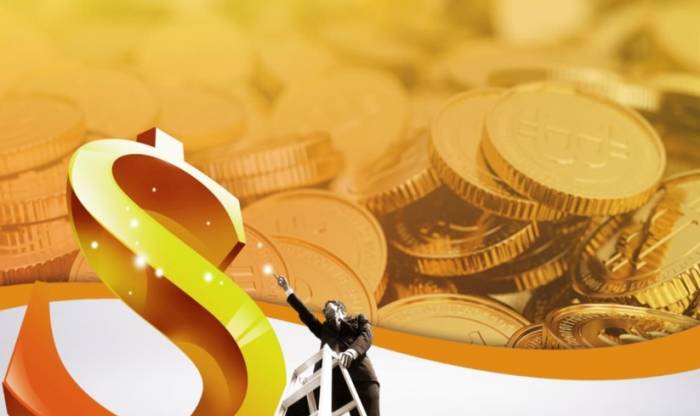
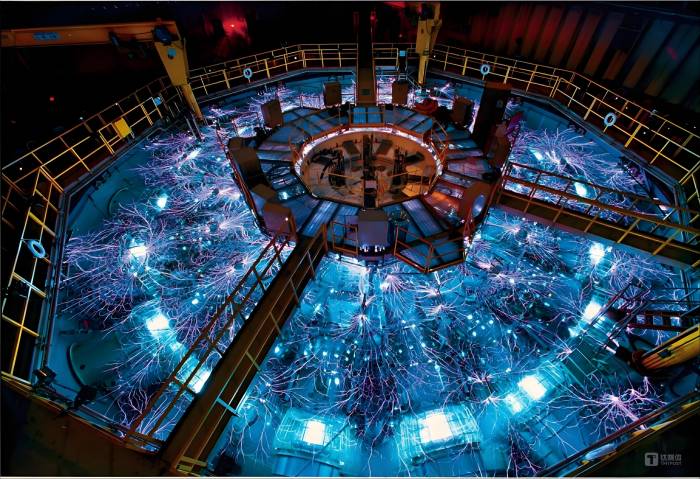
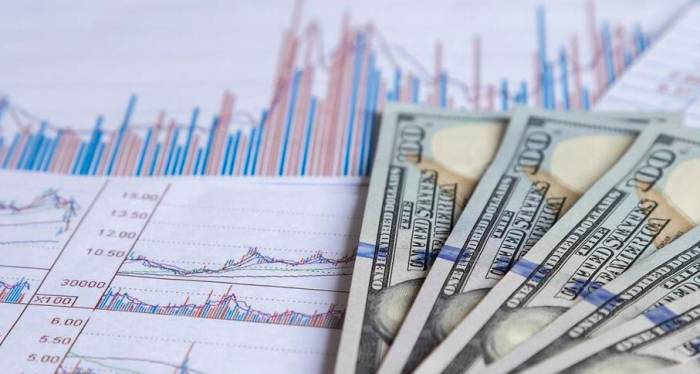



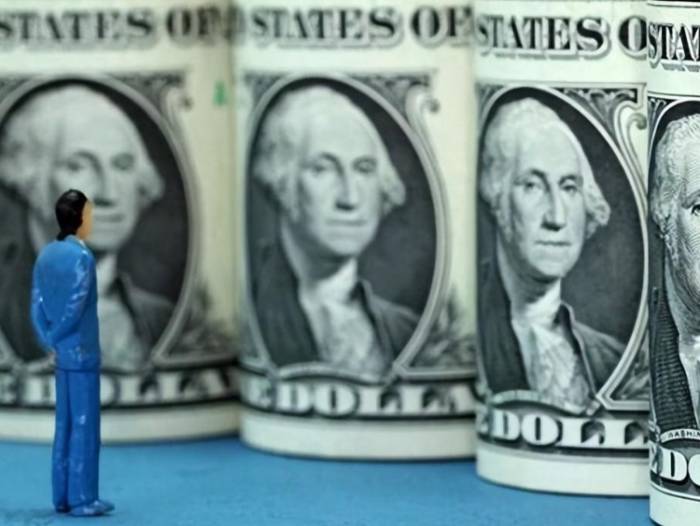



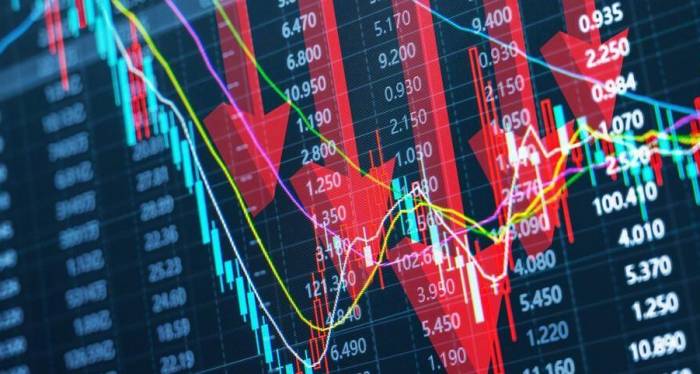
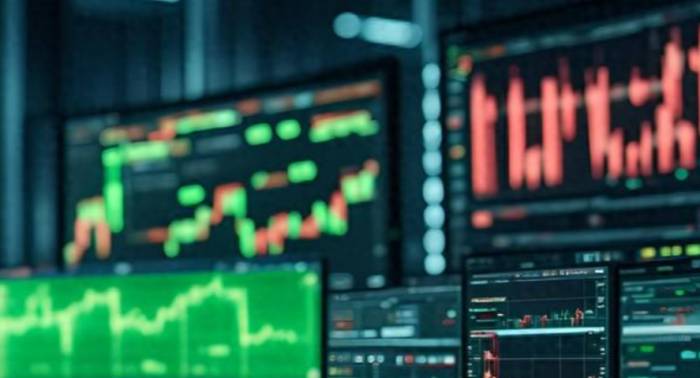
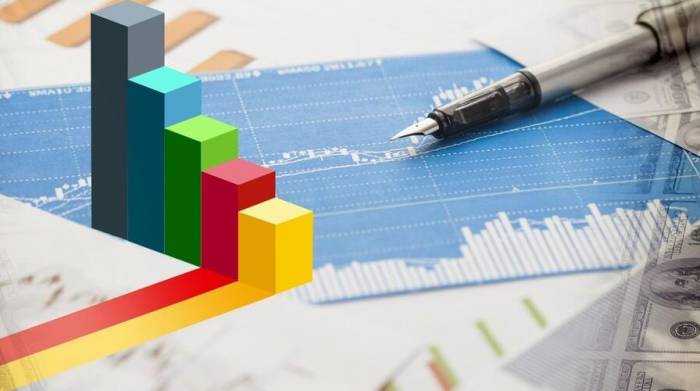
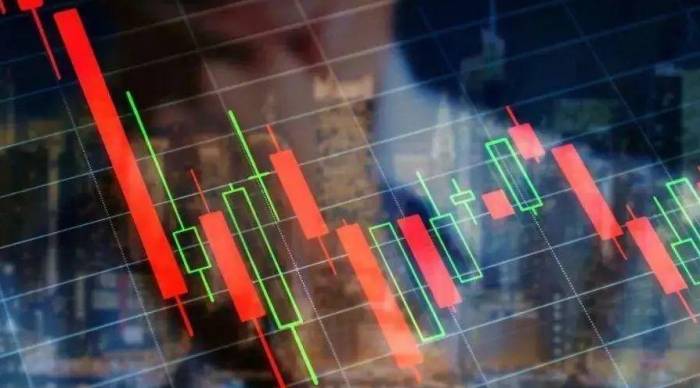

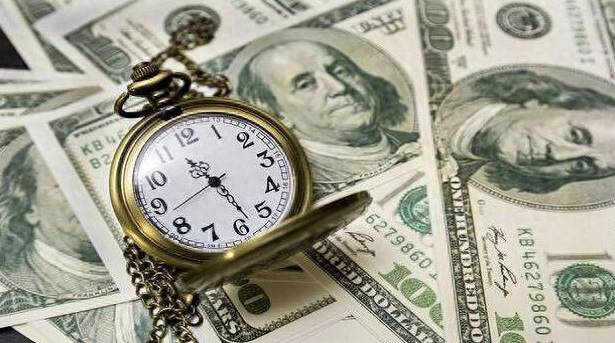
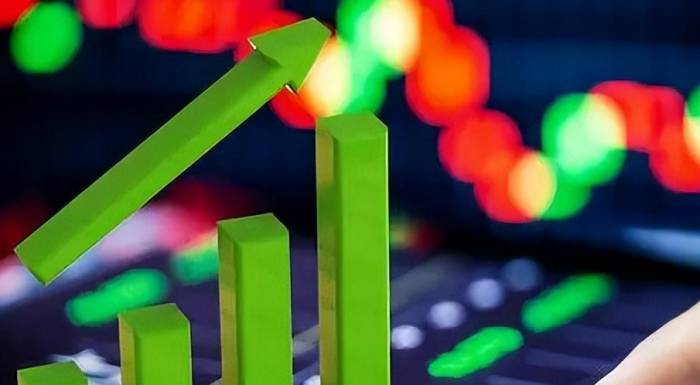
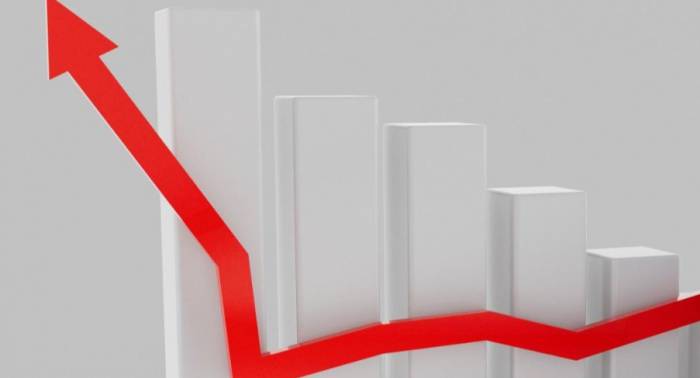






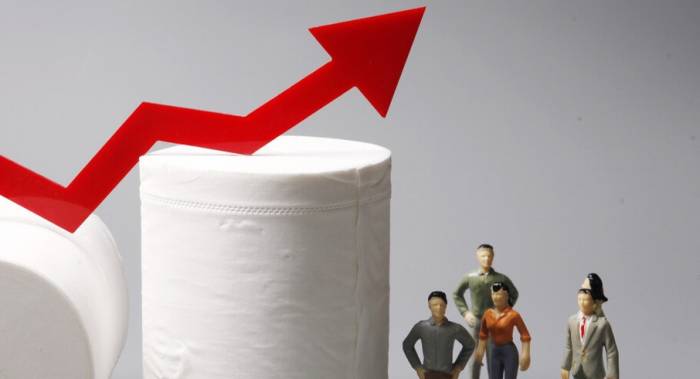

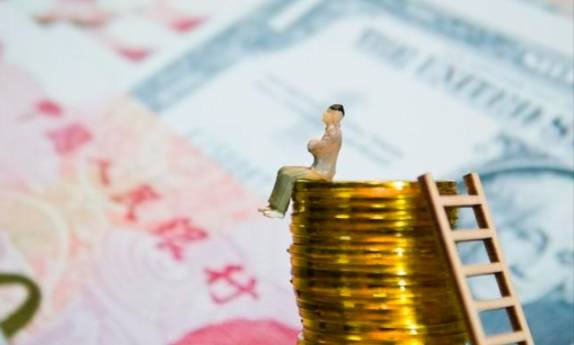
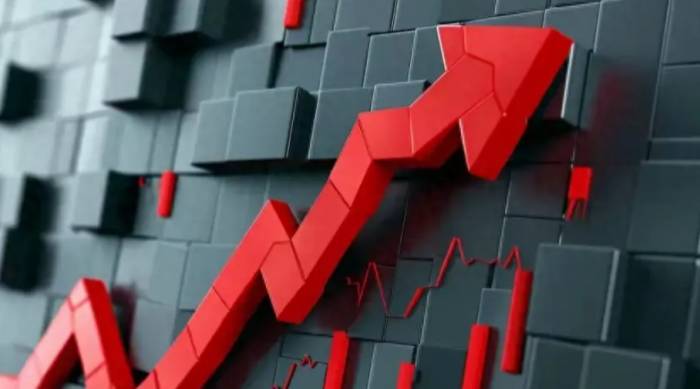

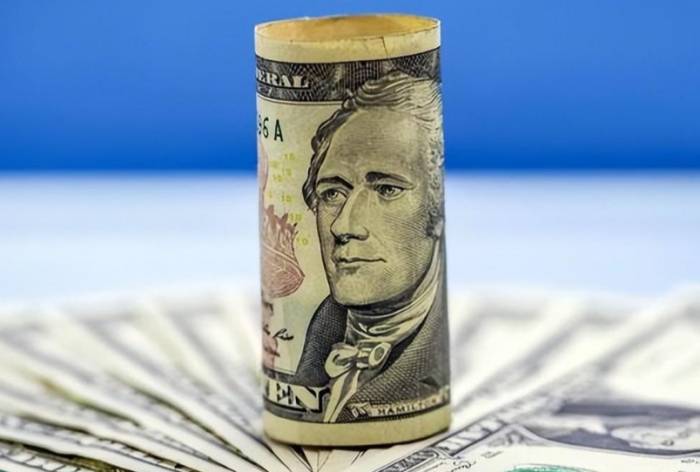
Join the Discussion